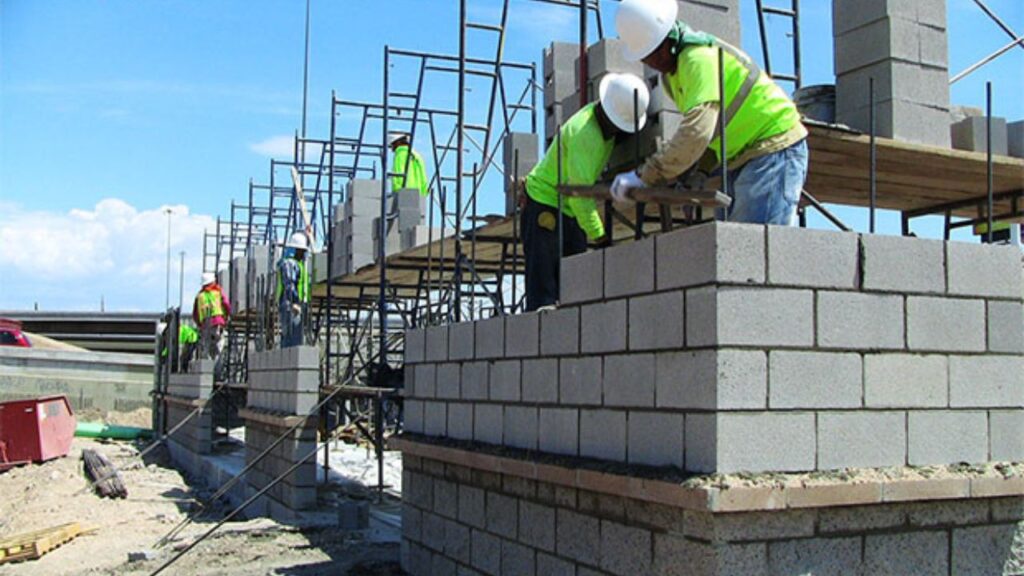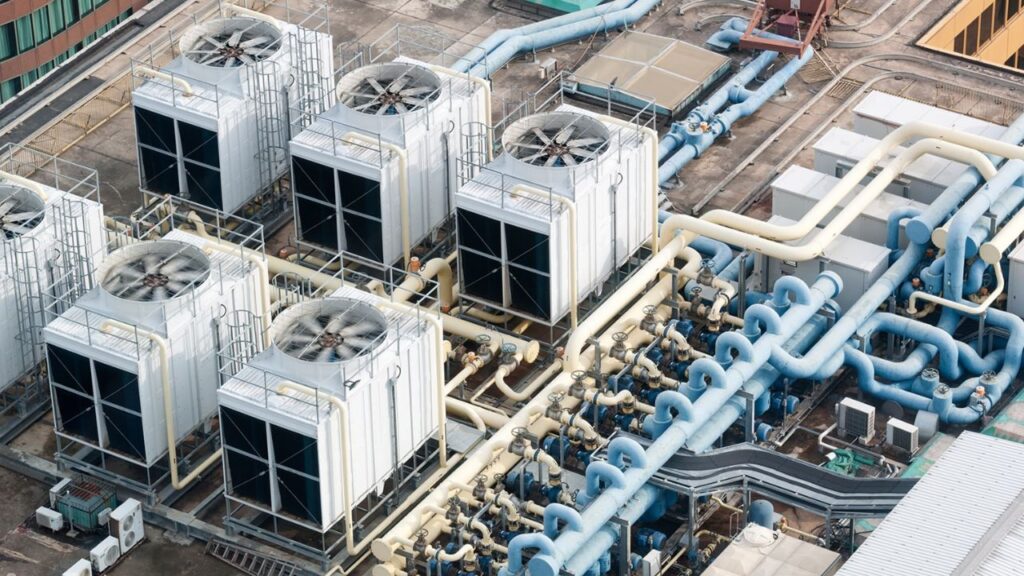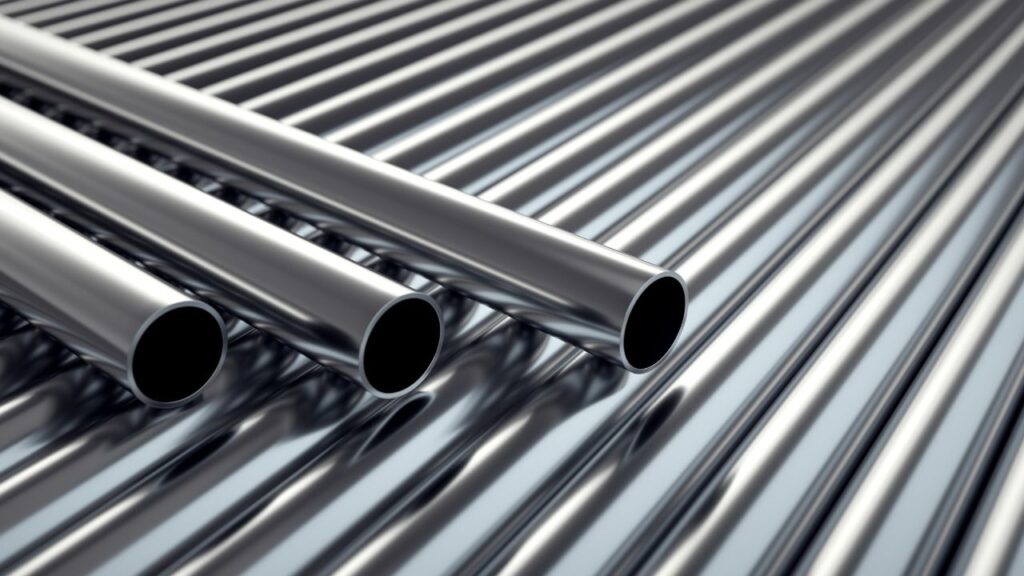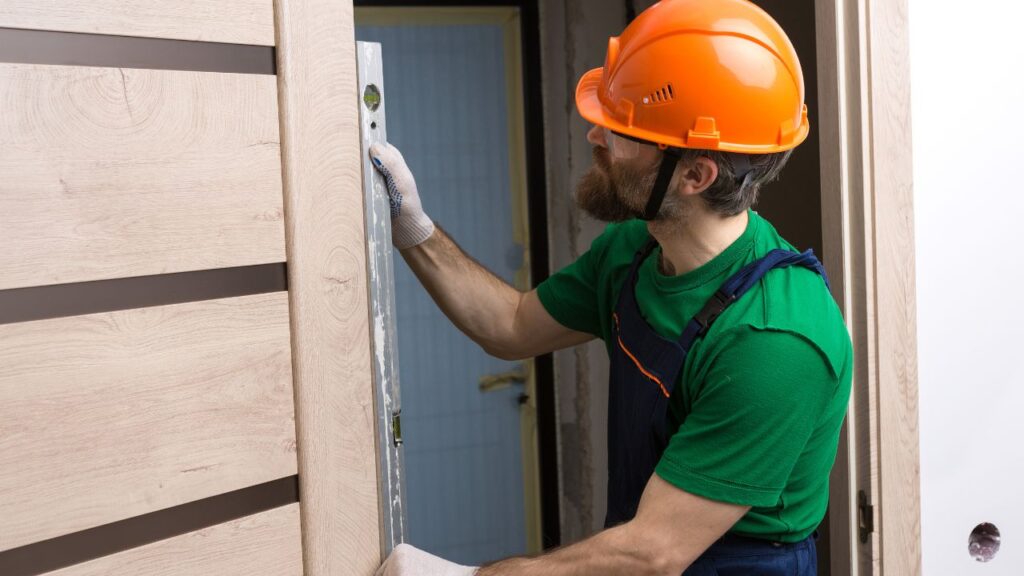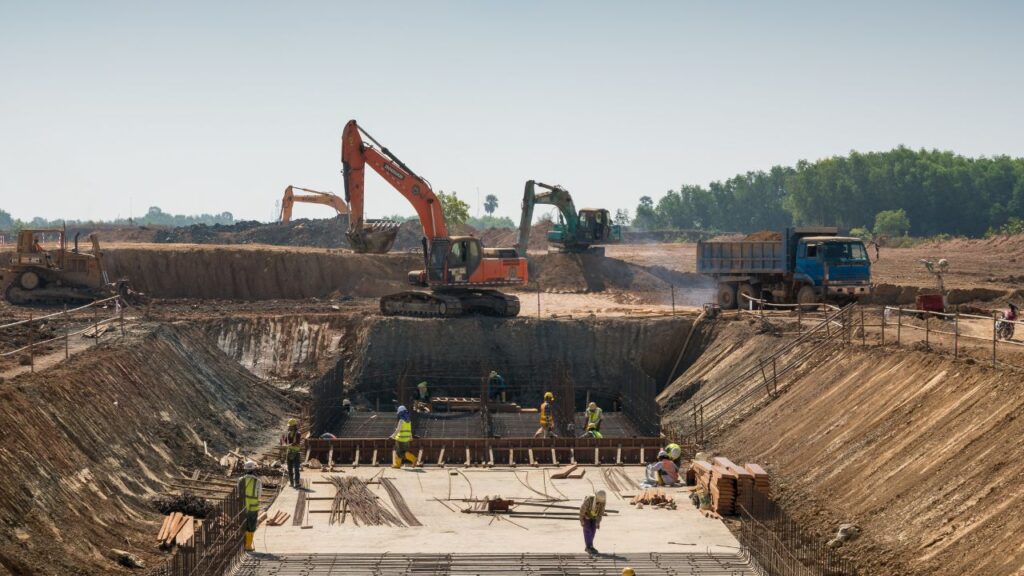- Homepage
- Blogs
Multi-Modal Transportation Hub Cost Per Square Foot
Leading provider of multi-modal transportation hub estimating.
The cost per square foot for building a multi-modal transportation hub varies based on factors like design complexity, location, and the integration of advanced systems. On average, construction costs range from $250 to $500 per square foot, with high-end projects incorporating cutting-edge technology and sustainability features exceeding $600 per square foot.
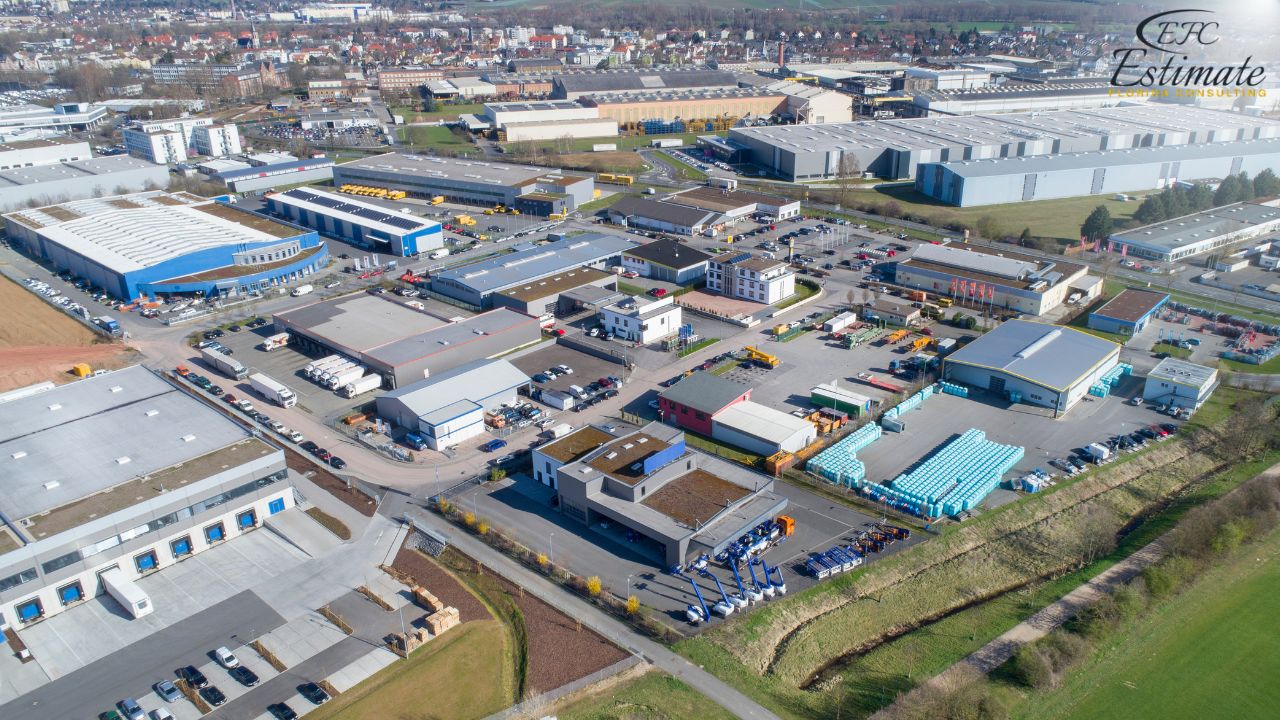
Type of Hub | Cost per Square Foot |
Standard Transportation Hub | $250 – $400 |
Advanced Multi-Modal Hub | $400 – $600 |
Premium Hub with Smart Tech | $600+ |
Types of Multi-Modal Transportation Hubs
Urban Transportation Hubs
Urban transportation hubs are designed to serve the daily needs of commuters in busy city areas. They integrate multiple transit systems, such as buses, subways, and pedestrian pathways, into a single, efficient network. These hubs prioritize accessibility, often including features like escalators, elevators, and well-marked signage to ensure smooth navigation for passengers. Because they are typically located in dense urban areas, construction costs are higher, averaging $250 to $450 per square foot. The complexity of integrating various transit systems and the need for durable materials to withstand heavy foot traffic also contribute to the cost.
Regional Transportation Hubs
Regional hubs serve as critical links between urban centers and outlying suburban or rural areas. These hubs handle higher passenger volumes and may also support freight transport, requiring larger layouts and advanced infrastructure. Features such as spacious waiting areas, parking facilities, and freight loading zones are common in these hubs. Costs for regional hubs generally range from $300 to $500 per square foot, depending on the size and scope of the project. These hubs are vital for connecting commuters and goods across broader regions, making them an essential part of the transportation network.
Airport-Centric Hubs
Airport-centric hubs are specialized facilities that connect air travel with ground transportation systems like buses, taxis, and rail services. These hubs often include features such as expansive parking structures, retail spaces, and seamless baggage handling systems to ensure a smooth transition for travelers. They are designed to handle high passenger volumes and provide convenience, with costs typically ranging from $400 to $700 per square foot. The integration of multiple transportation modes and the inclusion of amenities such as lounges, restaurants, and security checkpoints make these hubs more complex and expensive to build.
Integrated Multi-Modal Terminals
Integrated multi-modal terminals are large-scale hubs designed to connect several types of transportation, including high-speed rail, metro systems, and intercity bus services. These terminals prioritize seamless transitions between modes of travel, often incorporating cutting-edge technology like automated ticketing and real-time tracking systems. They also feature spacious layouts with modern amenities such as shopping areas, food courts, and comfortable waiting lounges. Due to their complexity and advanced features, construction costs range from $450 to $750 per square foot. These terminals are critical for supporting large-scale, interconnected transportation networks, making them a cornerstone of modern infrastructure.
Get Acquainted with Estimation
Mastering Bids: 12 Pro-Level Bidding Tips for Construction Managers
Commercial Construction Cost Estimator
Transportation Hub Construction Costs by Story Height
Single-Level Hubs
Single-level transportation hubs are straightforward in design and construction, making them a practical choice for smaller cities, suburban areas, or regions with lower passenger demand. These hubs usually house essential services like ticket counters, waiting areas, and basic amenities, ensuring functionality without excessive costs. Construction costs for single-level hubs typically range from $250 to $400 per square foot, depending on the materials used, the quality of finishes, and any additional features such as energy-efficient systems. Their simpler layout and reduced need for structural complexity make them faster to build, ideal for locations where speed and affordability are priorities.
Multi-Level Hubs
Multi-level hubs are designed to handle higher passenger volumes and provide more services by utilizing multiple floors. These hubs often include features like food courts, retail spaces, and dedicated areas for arrivals and departures, all while optimizing limited ground space. Vertical transportation systems such as elevators, escalators, and staircases are essential for functionality and passenger convenience, adding to the overall construction cost. Building a multi-level hub generally costs between $350 and $600 per square foot, with factors like location, design complexity, and technological integrations influencing the price. These hubs are commonly found in bustling cities or areas with high commuter traffic.
High-Rise Transportation Hubs
High-rise transportation hubs are sophisticated facilities built in densely populated urban areas where land is limited. These hubs stack multiple functions—such as train stations, bus terminals, parking, and even office spaces—into a vertical design. Due to the need for reinforced structures, advanced engineering, and high-end finishes, construction costs often exceed $700 per square foot. Additional expenses arise from integrating state-of-the-art technologies, sustainable systems, and high-capacity vertical transportation like high-speed elevators. These hubs are iconic landmarks in major cities, balancing aesthetic appeal with functionality to serve as efficient transit centers for large populations.
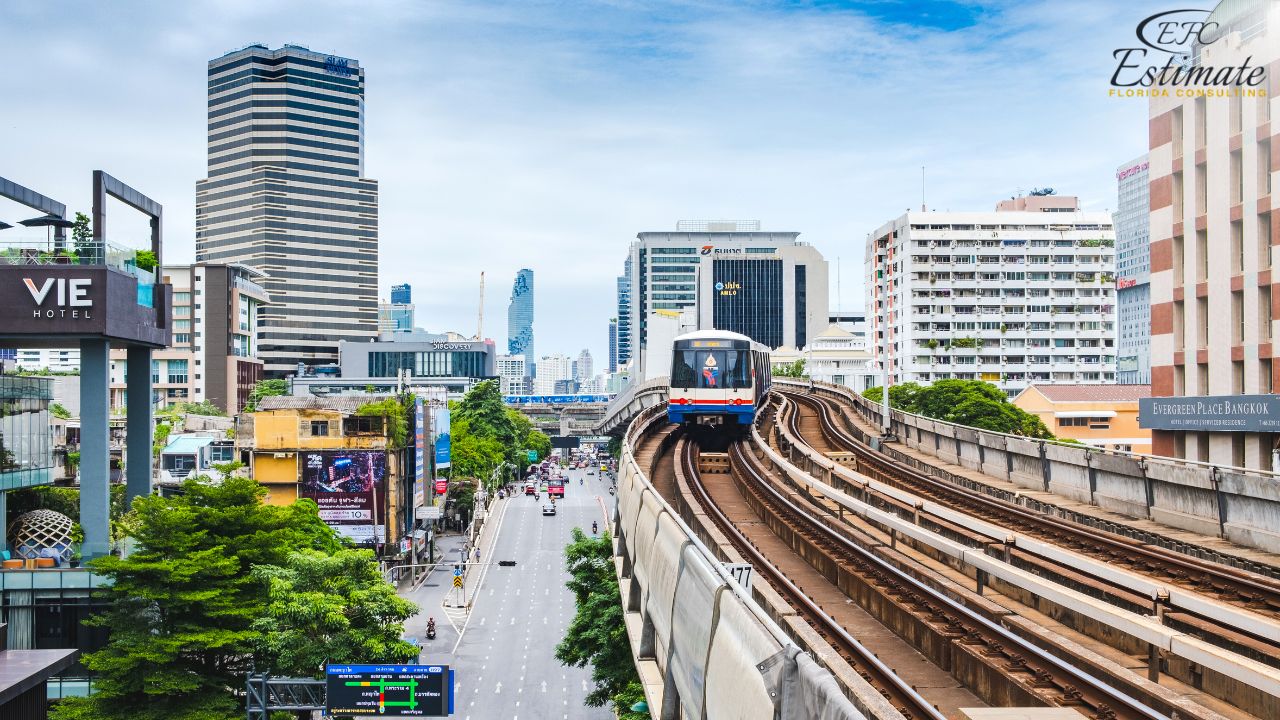
Major Components of Transportation Hub Costs
Land Acquisition
The cost of acquiring land for a transportation hub depends heavily on its location. In high-demand urban areas like Miami or Orlando, land prices can range from $1 million to $5 million per acre, reflecting the premium on central locations. On the other hand, rural areas or less developed regions may offer significantly lower prices. The size and accessibility of the land also play a role, as larger plots or those near major highways or rail lines are typically more expensive. Proper zoning and environmental considerations can also add to the overall expense.
Permits and Approvals
Securing the necessary permits and regulatory approvals is a critical step in the construction process, and it can be both time-consuming and expensive. Costs for this stage usually range from $500,000 to $2 million, depending on the complexity of the project and the specific requirements of local authorities. This includes environmental impact assessments, building permits, and compliance with safety regulations. For large hubs, extensive coordination with city planners and transportation authorities can drive up costs further.
Structural Framework
The structural framework, which includes steel or concrete beams and support systems, is a major cost component of any transportation hub. This element typically accounts for 20% to 30% of the total project cost, translating to $10 million to $50 million for large-scale hubs. The cost is influenced by the size of the hub, design complexity, and materials used. High-traffic hubs may require advanced structural engineering to ensure safety and longevity, further increasing the expense.
Roofing Systems
The roofing system plays a significant role in both the functionality and aesthetics of the transportation hub. A standard roofing design may cost between $500,000 and $2 million, while specialized, energy-efficient systems designed to reduce operational costs can exceed $5 million. The type of materials used, such as metal, glass, or green roofing solutions, can also impact the final cost. Advanced designs, such as those incorporating solar panels or rainwater collection systems, add further to the expense.
Win More Projects With Us
Plumbing Systems
Plumbing systems, including water supply, drainage, and restroom facilities, are essential for the operation of a transportation hub. The costs for these systems generally range from $1 million to $3 million, depending on the size and complexity of the hub. Larger hubs with higher foot traffic may require extensive plumbing networks and additional features like water recycling systems, which can significantly increase costs.
Electrical and Communication Systems
Electrical and communication systems ensure the hub’s functionality, safety, and connectivity. These systems include lighting, power supply, security systems, and advanced communication technologies like public announcement systems and Wi-Fi. Costs typically range from $2 million to $6 million, depending on the level of technological integration. Modern hubs often require smart systems for energy management and passenger convenience, which can drive costs even higher.
Concrete and Foundations
Concrete work and foundations are fundamental to the stability and durability of the hub. These components typically cost between $3 million and $8 million, influenced by the size of the hub and local soil conditions. In areas with challenging terrains or poor soil quality, additional expenses for reinforced foundations or soil stabilization may be required. The use of high-quality concrete and advanced techniques ensures longevity and safety.
Interior Finishes and Public Areas
Interior finishes include everything from flooring and seating in waiting areas to ticketing counters, signage, and retail spaces. For large hubs with premium amenities, these costs can range from $5 million to $15 million. High-end finishes, such as custom-designed seating, decorative lighting, and upscale retail spaces, can increase costs further. Public areas are often designed with passenger comfort in mind, incorporating features like air conditioning, spacious layouts, and visually appealing designs, which add to the overall expense.
Multi-Modal Hub Construction Costs by Size
Small Hubs
Small multi-modal hubs are designed to serve regional areas with modest transportation needs. These hubs typically include basic features like a few bus bays, parking areas, and minimal passenger amenities. They may also offer limited connections to other modes of transportation, such as regional trains or shuttle services. Construction costs for small hubs generally range from $10 million to $30 million, depending on factors like location, land acquisition, and the complexity of the design. These hubs are ideal for smaller towns or suburban areas where traffic volumes are manageable, and the focus is on functionality rather than advanced infrastructure.
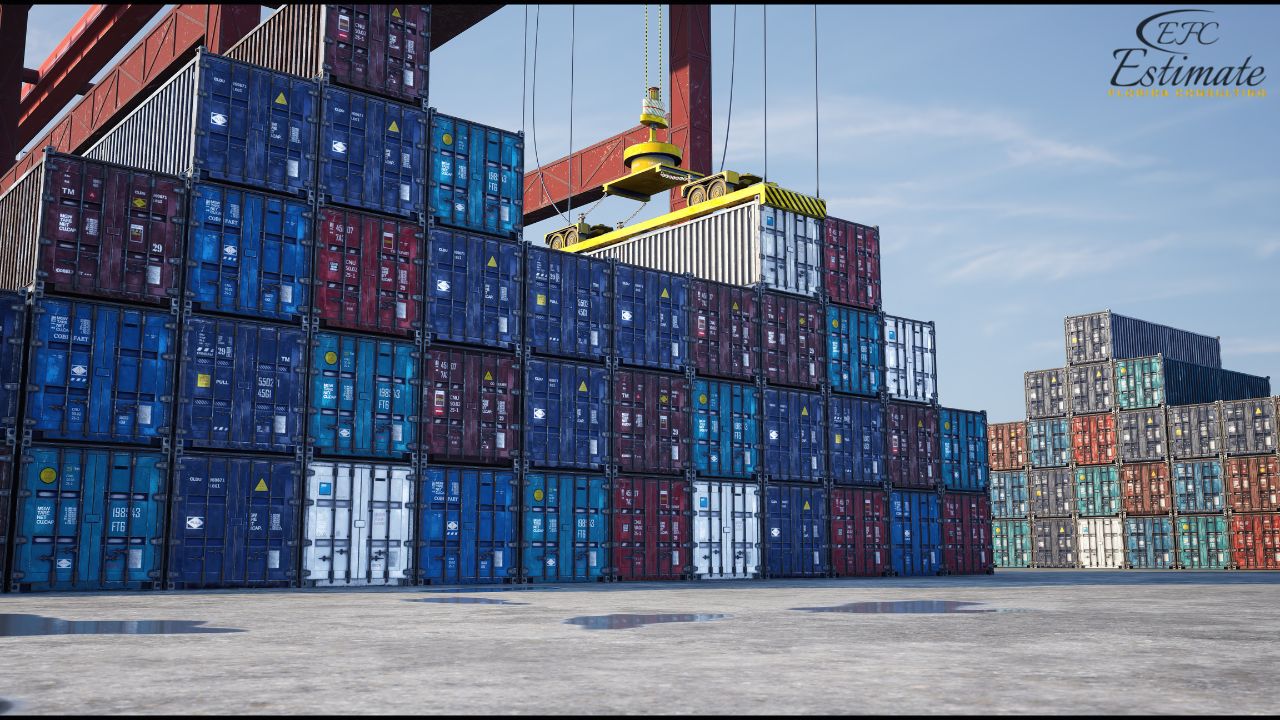
Medium Hubs
Medium-sized hubs are built to handle higher traffic volumes, often located in urban areas where multiple modes of transportation converge. These hubs typically feature enhanced facilities like larger parking structures, expanded bus or train platforms, and better passenger amenities such as waiting areas, ticketing systems, and food courts. The cost of constructing a medium hub can range from $30 million to $100 million, influenced by the level of integration between transportation modes and the inclusion of modern features like smart scheduling systems or eco-friendly designs. These hubs play a critical role in connecting cities and managing urban traffic efficiently.
Large Hubs
Large multi-modal hubs are state-of-the-art facilities designed to handle heavy passenger traffic and advanced integrations across multiple transportation systems, including buses, trains, subways, and even airports. These hubs often include extensive passenger amenities such as retail spaces, dining options, and advanced ticketing and scheduling systems. With a focus on efficiency and convenience, large hubs are often equipped with modern features like energy-efficient designs, high-tech security, and smart transportation management systems. Construction costs for large hubs typically range from $100 million to $500 million or more, depending on their size, location, and features. These hubs are commonly found in major metropolitan areas and serve as critical infrastructure for regional and national transportation networks.
Smart Technology Integration Costs
Incorporating smart technologies into a construction project, such as automated ticketing systems, real-time tracking, and IoT-enabled devices, significantly enhances the building’s functionality and user experience. However, these advancements come at a cost. On average, integrating smart technology can add $6 million to $18 million to the overall budget. The final expense depends on the scale and sophistication of the systems installed. For example, larger projects or those with cutting-edge features like AI-driven automation may incur higher costs.
Energy-Efficient and Green Building Costs
Building with sustainability in mind often requires additional upfront investment, but it offers long-term benefits in energy savings and environmental impact. Adding eco-friendly features like solar panels, rainwater harvesting systems, and energy-efficient HVAC setups typically increases construction costs by 18% to 30%. While this may seem significant, these enhancements reduce operational costs over time, making them a worthwhile investment for environmentally conscious developers and property owners.
Multi-Modal Transportation Hub Costs by Mode
Building a multi-modal transportation hub involves integrating various modes of transportation to ensure smooth connectivity. Here’s a breakdown of the updated costs for each mode, with a 20% increase applied for clarity and accuracy.
Rail Systems
Integrating rail systems is one of the most expensive components of a transportation hub. Costs typically range from $120 million to $600 million, depending on the number of tracks, platform design, and overall complexity. Advanced features like high-speed rail compatibility or underground systems can further increase the budget.
Bus Terminals
Adding a bus terminal to a transportation hub costs between $60 million and $180 million. The total expense depends on the terminal’s size, passenger capacity, and included amenities such as waiting lounges, digital signage, or charging stations for electric buses.
Bicycle Facilities
Including dedicated bicycle facilities, such as storage racks, repair stations, and bike pathways, costs between $2.4 million and $12 million. Adding advanced features like bike-sharing systems or climate-controlled storage can push costs even higher.
Download Template For Multi-Modal Transportation Hub Project Breakdown
- Materials list updated to the zip code
- Fast delivery
- Data base of general contractors and sub-contractors
- Local estimators

Pedestrian Pathways
Pedestrian pathways, including overpasses, underpasses, and covered walkways, cost between $12 million and $60 million. Design elements like accessibility features, landscaping, and integration with public spaces can significantly influence the final price.
Conclusion
Building a multi-modal transportation hub is a complex and expensive undertaking, requiring careful planning, detailed cost estimates, and advanced design solutions. By understanding the costs associated with various components and types of hubs, stakeholders can effectively budget and execute their projects. At Estimate Florida Consulting, we specialize in providing accurate, comprehensive cost estimates tailored to your project’s needs, ensuring that your transportation hub meets its goals while staying on budget.
Frequently Asked Question
The average cost ranges from $250 to $700 per square foot, depending on size, design, and advanced features.
Construction timelines typically range from 3 to 7 years, depending on the scale and complexity of the project.
Permits may include zoning approvals, environmental impact assessments, and construction permits, costing between $500,000 and $2 million.
Sustainability can be achieved through energy-efficient systems, green building materials, and renewable energy installations, which may increase costs by 15% to 25% but offer long-term savings.
Comprehensive Trade-Specific Estimates
At Estimate Florida Consulting, we offer detailed cost estimates across all major trades, ensuring no part of your project is overlooked. From the foundation to the finishing touches, our trade-specific estimates provide you with a complete and accurate breakdown of costs for any type of construction project.

Testimonials
What Our Clients Say
We take pride in delivering accurate, timely, and reliable estimates that help contractors and builders win more projects. Our clients consistently praise our attention to detail, fast turnaround times, and the positive impact our estimates have on their businesses.
Estimate Florida Consulting has helped us win more bids with their fast and accurate estimates. We trust them for every project!

Steps to Follow
Our Simple Process to Get Your Estimate
01
Upload Plans
Submit your project plans, blueprints, or relevant documents through our online form or via email.
02
Receive Quotation
We’ll review your project details and send you a quote based on your scope and requirements.
03
Confirmation
Confirm the details and finalize any adjustments to ensure the estimate meets your project needs.
04
Get Estimate
Receive your detailed, trade-specific estimate within 1-2 business days, ready for your project execution.





